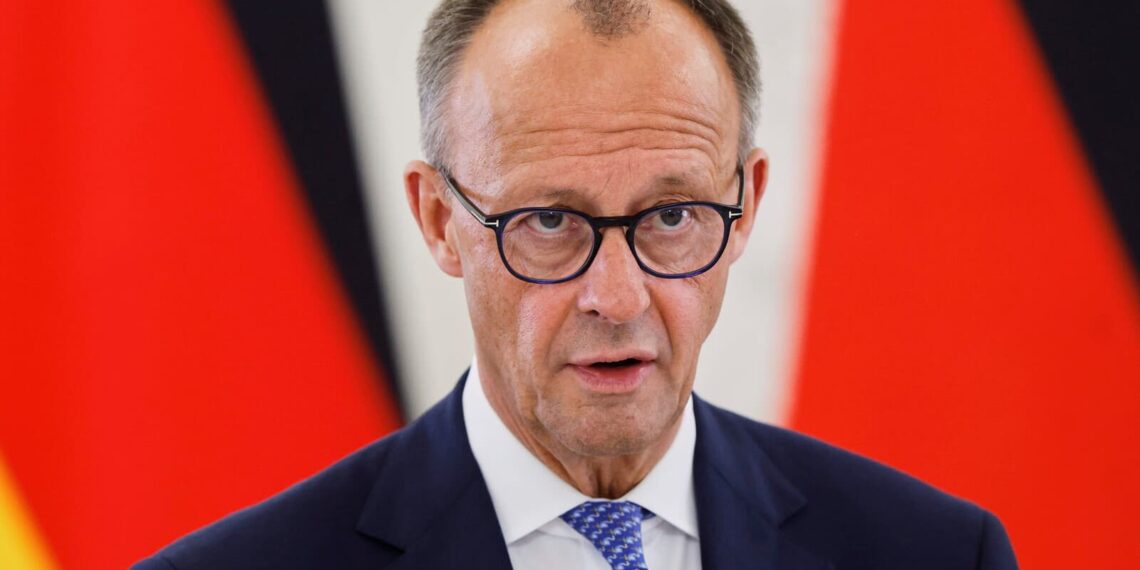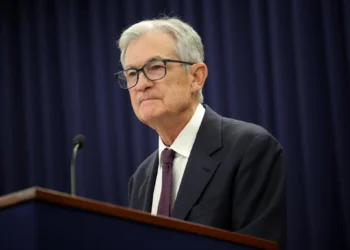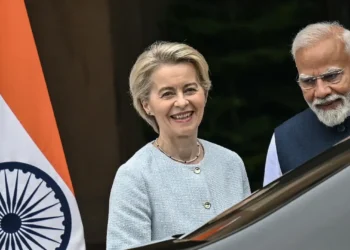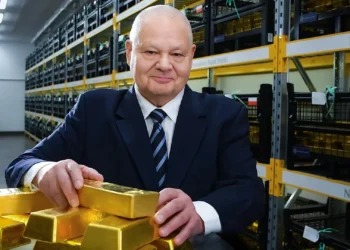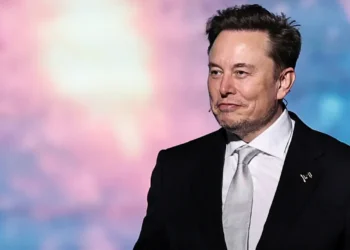BERLIN (Realist English). German Chancellor Friedrich Merz is “actively” supporting a proposed European Union ban on the Nord Stream gas pipelines, in a move aimed at preventing any potential U.S. or Russian attempt to bring the controversial energy link back online.
The German government this week confirmed its endorsement of the proposed measure, which is part of the EU’s next package of sanctions against Russia over its ongoing war in Ukraine. According to three officials familiar with the talks, Merz is seeking to neutralize domestic debates over the pipeline’s future and reinforce Berlin’s alignment with Brussels.
The decision follows March reporting by the Financial Times, which revealed that Kremlin-linked Russian and American business figures had explored ways to restart the privately owned gas link, prompting urgent consultations in Berlin and Brussels.
“Adding Nord Stream to the sanctions list potentially removes a political problem for him,” one official told Realist English, describing the effort as a way for Merz to shift the burden of the decision to the EU level, avoiding direct bilateral pressure from Washington and Moscow.
Though the German state does not control the pipeline, any reactivation would still require official certification from Berlin — a fact that makes Germany central to any restart scenario.
Sanctions to target Nord Stream 2 AG and enablers
The proposed EU restrictions would target Nord Stream 2 AG, the Switzerland-based operator of the pipeline, as well as any entities — Russian or otherwise — necessary for reactivation or maintenance, officials said. The European Commission, which included Nord Stream in its draft sanctions, has been coordinating closely with Chancellor Merz, according to sources with knowledge of the consultations.
European Commission President Ursula von der Leyen referenced Nord Stream in public remarks last week, indicating that formal negotiations with EU member states would begin imminently. Any decision must be adopted unanimously by all EU capitals.
The move marks a definitive break with the pipeline’s original political legacy. Nord Stream, championed by former Chancellor Gerhard Schröder, once symbolized close energy ties between Germany and Russia. Schröder later joined the board of Kremlin-controlled Gazprom and was widely criticized for his role in deepening Berlin’s energy dependence on Moscow.
Washington’s long-standing objections, now renewed
The pipeline has long been a point of friction in transatlantic relations. The first Trump administration pressured former Chancellor Angela Merkel to cancel Nord Stream 2 over security concerns, arguing it would increase Europe’s dependence on Russian energy.
Sources say Matthias Warnig, a former East German intelligence officer and close associate of Vladimir Putin, was involved in recent efforts to restart the pipeline, allegedly courting U.S. investors aligned with President Trump, who has signaled a desire to reset U.S.-Russia relations.
“It is correct that the Chancellor actively supports sanctions against Nord Stream 2,” a German government spokesperson said. “One of the aims of our sanctions is to cut off Russia from revenues that could be used to finance its war of aggression against Ukraine. This includes revenues from fossil fuel exports.”
Domestic pressure amid economic strain
Trump’s renewed push for a Ukraine settlement has reignited the German debate over Nord Stream, especially as the country grapples with elevated energy prices and economic stagnation. According to a recent Forsa poll, 49% of residents in Mecklenburg-Vorpommern — the federal state where the pipeline terminates in Lubmin — support resuming Russian gas imports.
The far-right Alternative for Germany (AfD), which won over 20% of the national vote in February, has made reactivating Nord Stream part of its platform. Their position is echoed by some members of Merz’s own Christian Democratic Union (CDU) and coalition Social Democrats (SPD), who argue that restarting the pipeline could ease Germany’s energy burden.
Michael Kretschmer, CDU prime minister of Saxony, said in March that maintaining sanctions on Russia was “completely out of date” and inconsistent with U.S. diplomacy. Thomas Bareiß, a CDU lawmaker, praised the “business-mindedness” of U.S. investors reportedly exploring the pipeline’s revival. SPD politician Dietmar Woidke, prime minister of Brandenburg, has called for a normalization of trade with Russia after a peace deal is reached.
The Greens, in opposition, have warned that these calls reflect lingering “Moscow connections” within Germany’s mainstream political class.


